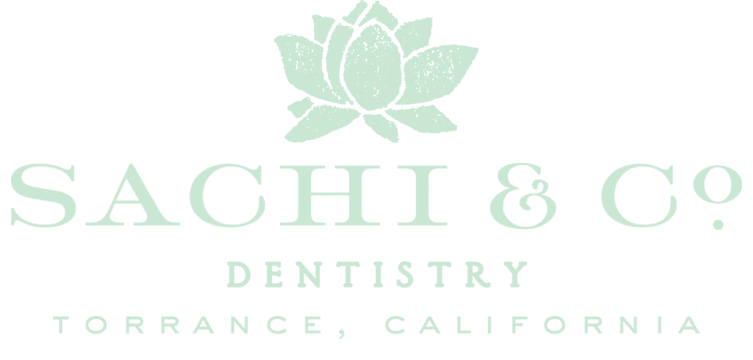We all know about the gray hairs and crow’s feet that go along with aging, but did you know that your teeth also change as you get older? These changes to your oral health are why it’s more important than ever to see your dentist for regular preventive care as you reach your golden years. Here are some common dental problems in older adults to be aware of.
Tooth Decay
According to a report from the Centers for Disease Control (CDC), 1 in 5 adults over the age of 65 has untreated tooth decay. There are a number of reasons for this—arthritis and other medical conditions can make it physically difficult to brush and floss, many older adults lose their dental insurance when they retire, and people who are disabled or homebound aren’t able to get the routine dental care needed to keep teeth healthy.
Good oral hygiene goes a long way towards preventing tooth decay. Brush for two minutes, twice a day and floss at least once a day. If you have difficulty doing this, there are adaptive aids available that can help make oral hygiene easier. It’s also important to see your dentist every six months for periodic oral evaluations and dental cleanings, which remove the tartar and plaque that lead to tooth decay.
Gum Disease
Dry mouth is common in older adults—and dry mouth creates the conditions in which gum disease can develop. According to the CDC, 68 percent of adults age 65 and older have gum disease, putting them at risk for tooth loss and other serious oral health issues.
Unfortunately, many of the medications doctors use to treat the diseases associated with aging have the side effect of causing dry mouth. When there’s a lack of saliva in the mouth, bacteria and food particles aren’t being rinsed away throughout the day; instead, they accumulate and bacteria multiplies. If you suffer from dry mouth, make an effort to sip water all day long, use sugar-free lozenges or gum to stimulate saliva when you can’t drink water, and consider using a moisturizing mouth rinse.
Oral Cancer
The American Cancer Society reports that there are about 35,000 cases of mouth, throat, and tongue cancer diagnosed each year. The average age when these cancers are detected is 62.
Oral cancers often appear to be small sores or patches in the mouth, which are easily mistaken to be canker sores or irritation to the untrained eye. During your comprehensive oral examinations, a thorough oral cancer screening is performed to identify suspicious lesions so they can be biopsied.
Wear and Tear
A lifetime of biting, chewing, and grinding can start to wear down your teeth as you get older. Your enamel starts to thin, which can lead to sensitivity, cavities, and even fractures and chips.
We can’t prevent the wear and tear that goes along with aging, but we will keep a close eye on any potential problems. In some cases, we may recommend fluoride rinses to help remineralize your teeth to strengthen them against cavities. Dental bonding can also be used to reduce sensitivity caused by minor gum recession and fill in cosmetic chips and fractures.
Learn How to Keep Your Teeth Healthy as You Get Older
If it’s been a while since your last dental appointment, it’s the perfect time to get back on track to keep your teeth and gums healthy! Contact us today at 310-530-9893 to schedule an appointment.


